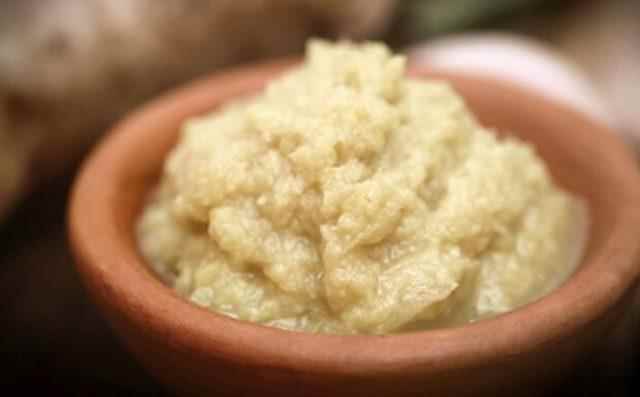Diabetes is a lifelong disease. Diabetes, which can be seen at any age, also develops when the secretory gland called the pancreas does not produce enough insulin hormone or the insulin hormone it produces cannot be used effectively. As a result, the person cannot use the sugar that passes into the blood from the foods he eats, and blood sugar rises. For this reason, keeping blood sugar in balance is very important for diabetes.
The benefits of ginger, which comes to mind first when it comes to spices that heal in winter, do not end with counting. Studies have shown that ginger can lower blood sugar by 35 percent.
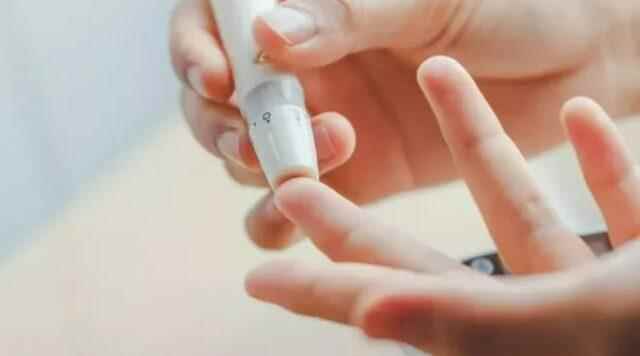
They explained that two different extracts, Spissum and oily extract, interact with serotonin receptors to reverse their effects on insulin secretion.
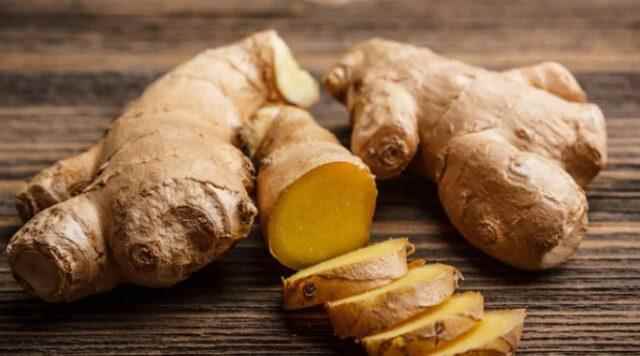
According to a study published in the Journal of Ethnic Foods, taking ginger may help lower A1C levels and fasting serum glucose levels in people with type 2 diabetes. The A1C is a common diabetes test that tends to measure your average blood sugar level over a two to three month period.
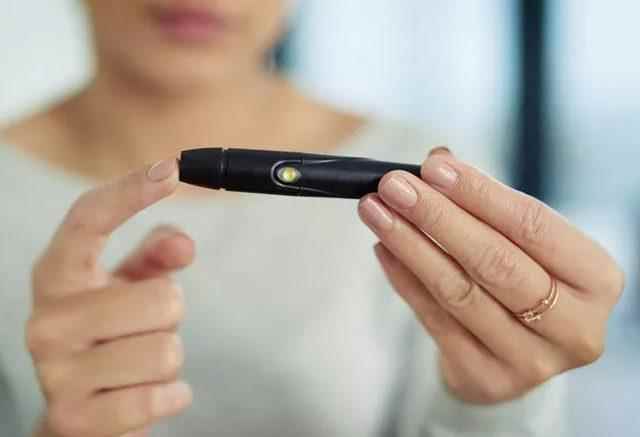
The research team explained: “With regard to the negligible side effects of ginger, it may be a good remedy for diabetics to reduce the risk of some secondary chronic complications.” Another reason why ginger is beneficial for people with type 2 diabetes is that it has a very low glycemic index (GI).

A study published in the journal Evidence-Based Complementary and Alternative Medicine has ginger’s potential blood sugar control mechanism. Basically, ginger tends to inhibit enzymes that affect how carbohydrates are metabolized and insulin sensitivity as a whole, thus leading to greater glucose absorption in the muscles.
WHO CANNOT USE GINGER?

- Ginger tea is not suitable for children under 2 years old.
- Ginger has a blood thinning effect. For this reason, those who use blood thinners should consult their physician before using this herb.
- Ginger lowers blood pressure. If you are a blood pressure patient and you are taking medication, consult your doctor before using ginger.
- Ginger has not been shown to have any known side effects on pregnant women. However, pregnant women should consult their physician before use.
- In case of an illness, it should not be used in place of the drug treatment prescribed by your doctor.
BENEFITS OF GINGER
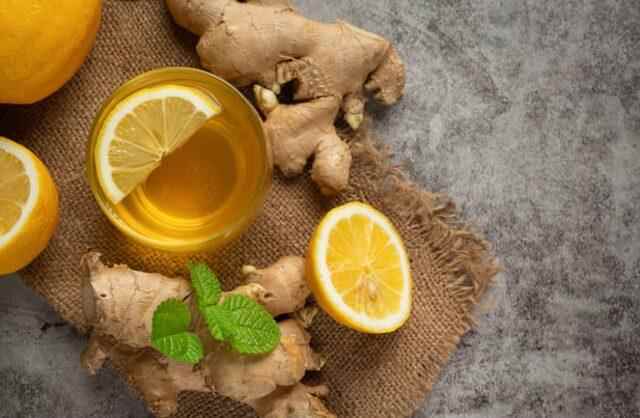
- nausea in pregnancy
- In case of vehicle and seasickness
- Nausea after chemotherapy
- In case of indigestion
- To reduce brain damage in people with dementia and Alzheimer’s
- To lower blood sugar and increase the amount of insulin in diabetics
- To lower blood pressure in high blood pressure patients
- To reduce malignant blood fats
- To reduce allergies in asthmatic patients
- To reduce menstrual pain
- Ginger can be used in cancer patients under the supervision of a physician and to aid treatment.
HOW TO USE GINGER?
fresh ginger
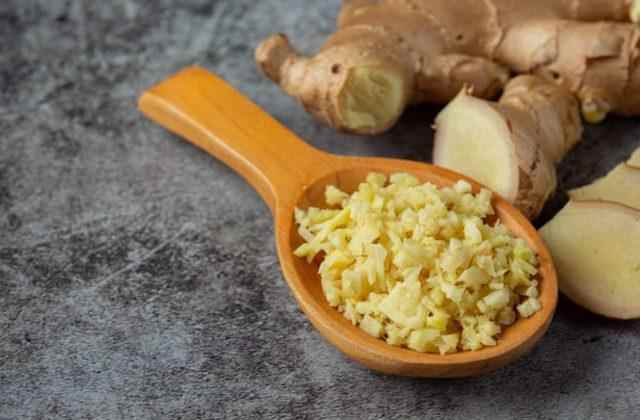
- You can consume it by grating it and adding it to water or milk.
- You can brew it grated or sliced, and you can get ginger tea.
- You can use it to get a milder flavor in milk desserts.
- You can add it to chicken, fish and meat dishes during cooking.
- You can add it to cooking sauces.
- After grating, you can prepare daily fortifying mixtures by adding natural honey on it.
Powdered Ginger
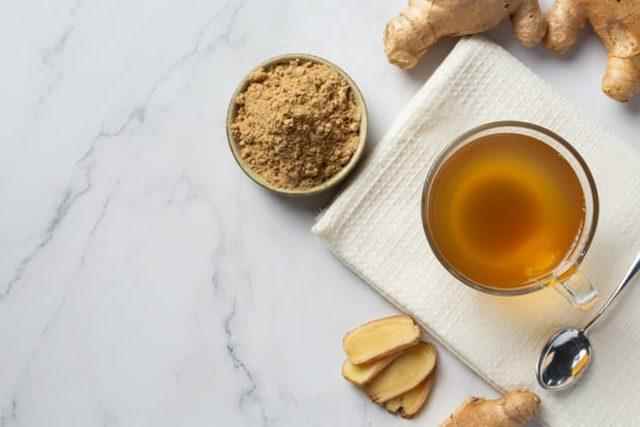
- You can consume it by adding it to water and milk.
- You can add it to all meals, soups, salads and sauces you want.
- You can add it to single or mixed herbal teas.
- You can evaluate it in your bread or sweet pastry recipes.
- By mixing it with honey or different materials, you can obtain pastes that you can use internally or externally.
- Honey, milk, yogurt, etc. You can prepare natural face care masks with the ingredients.
